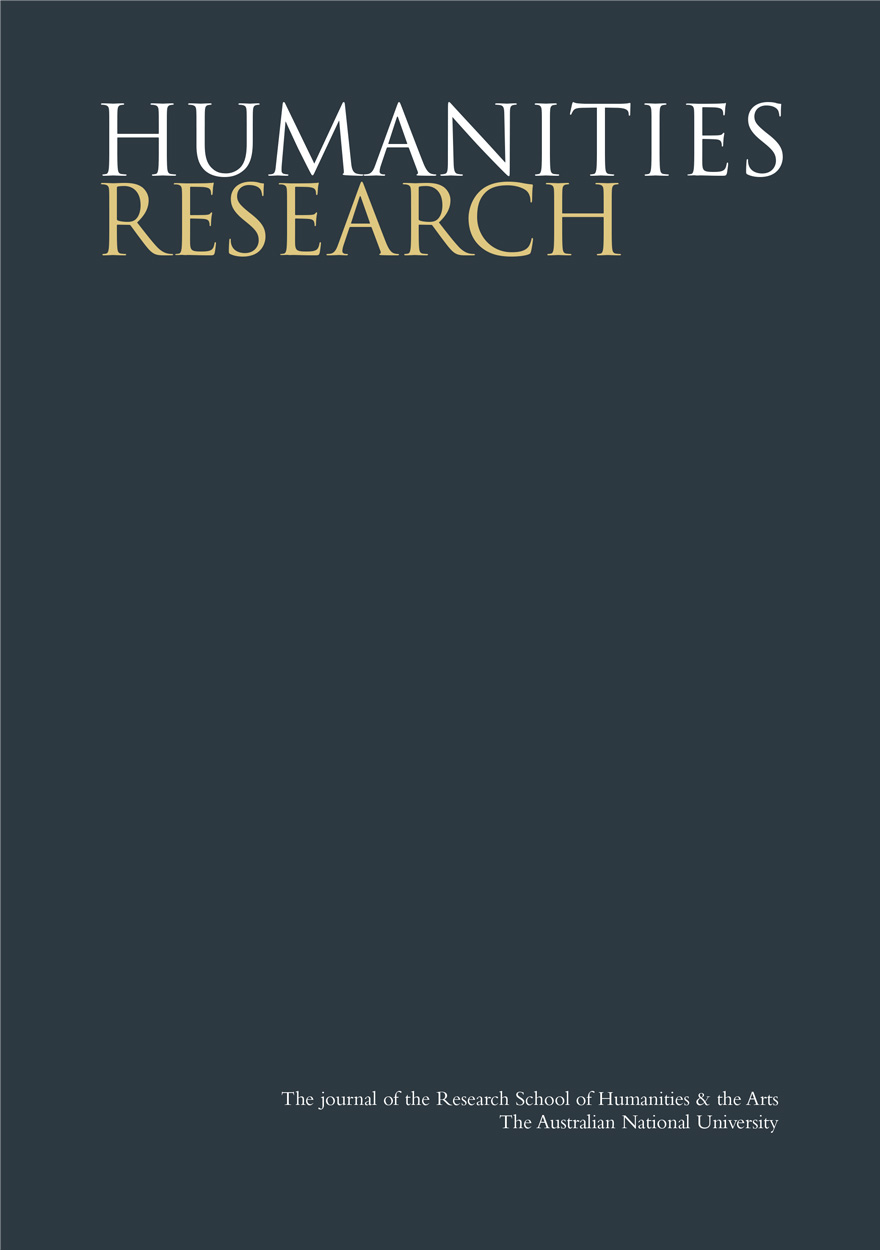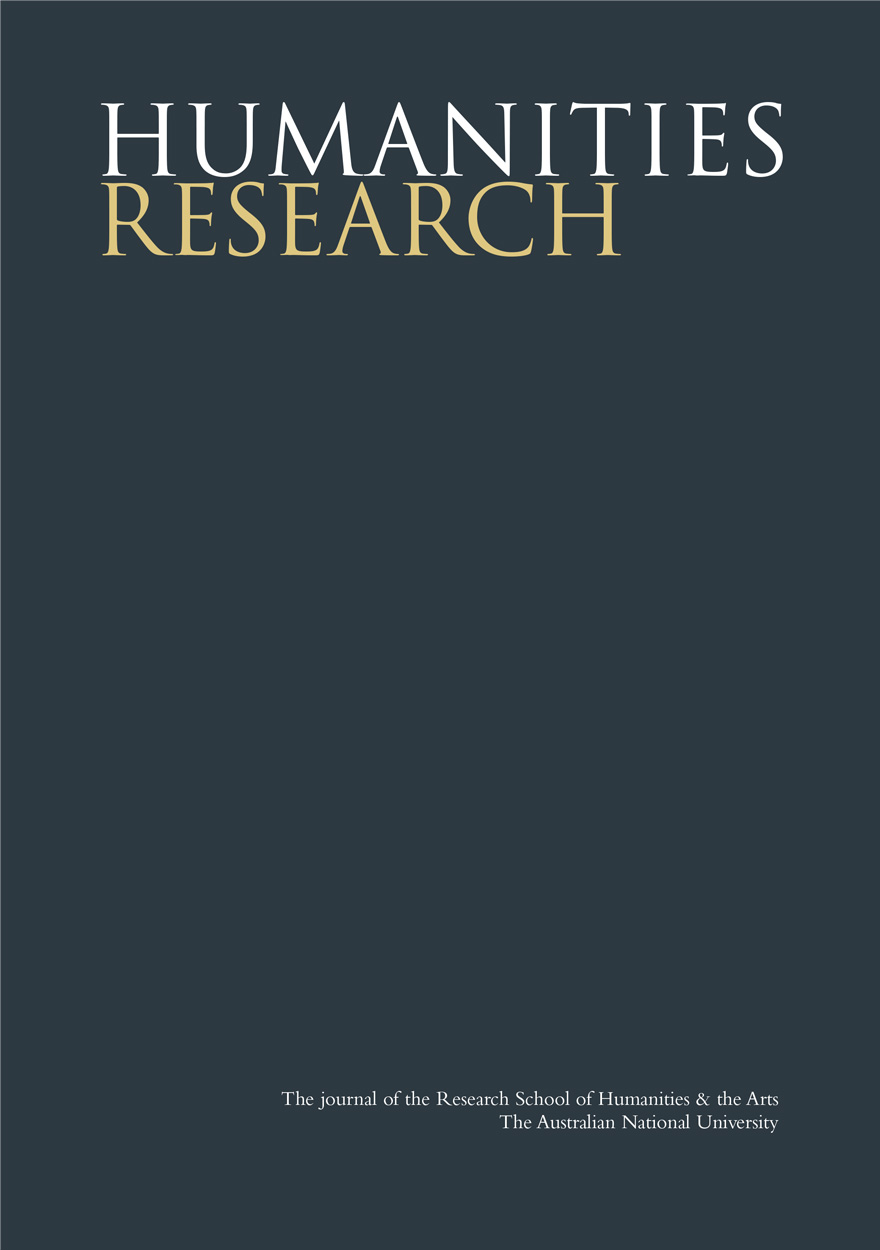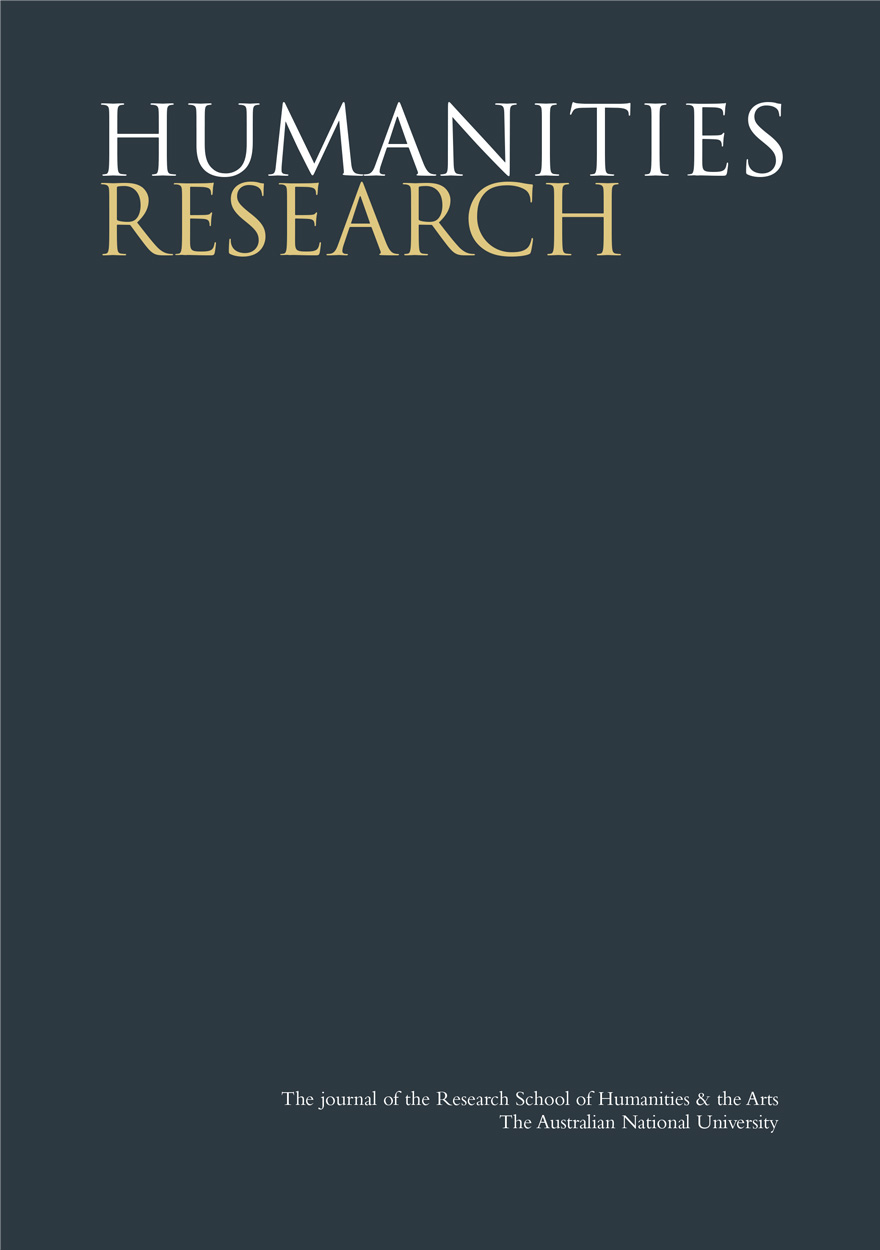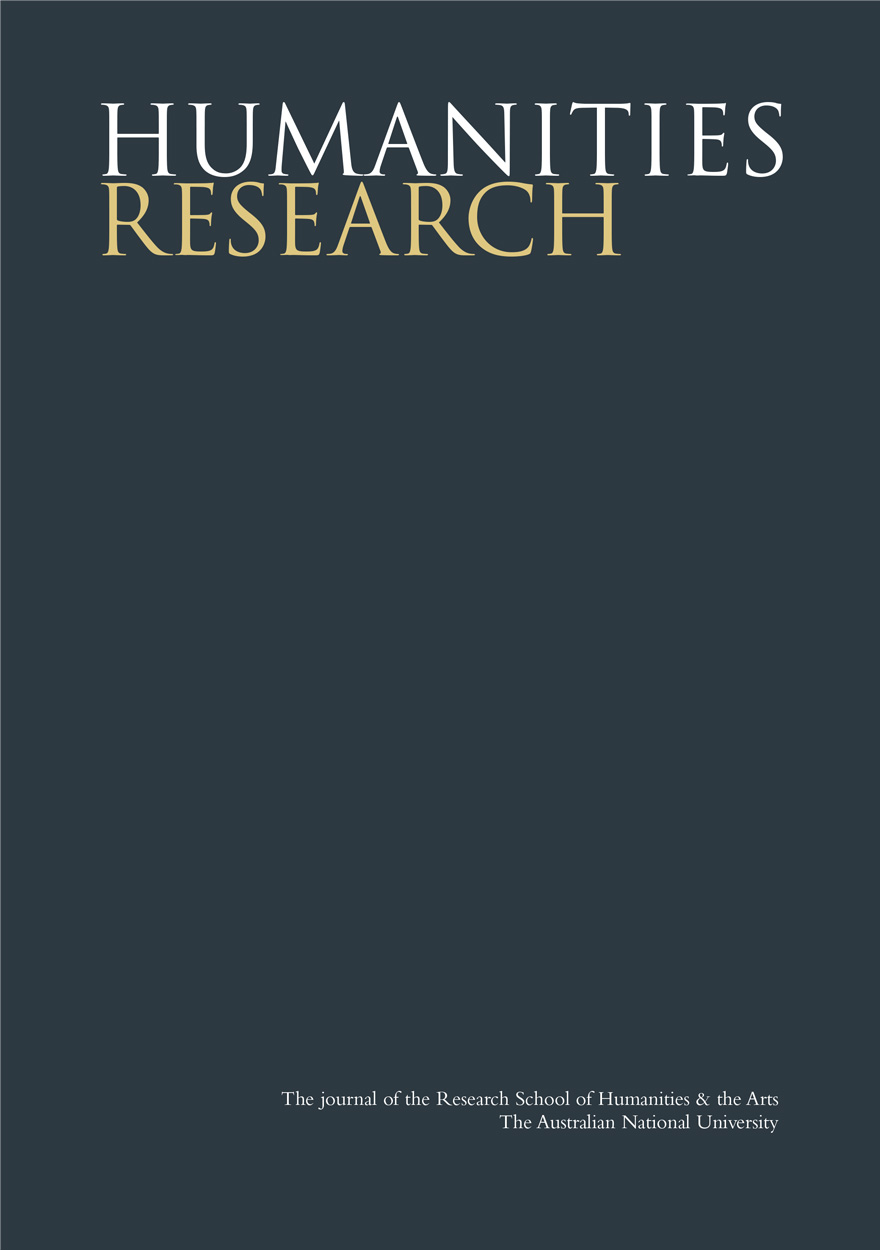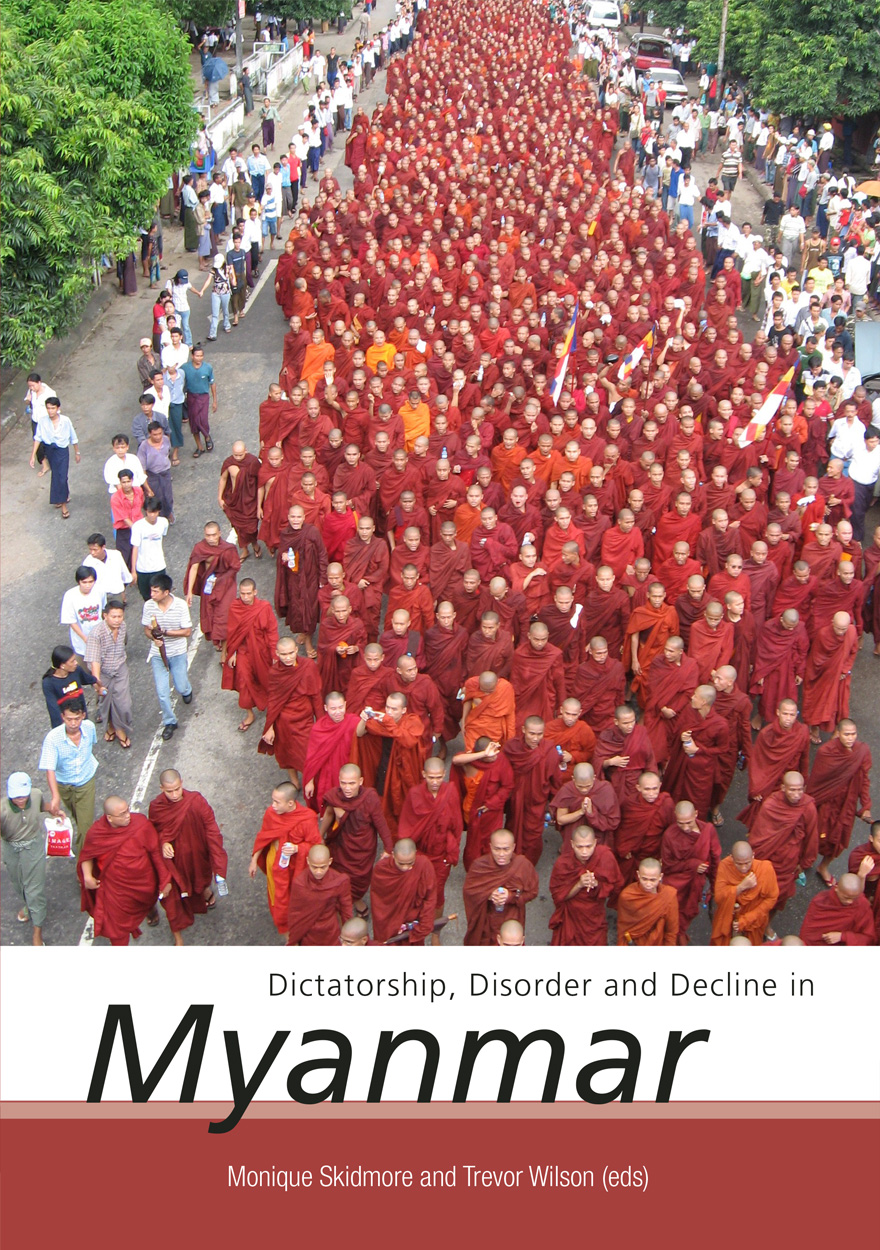Reflections on the Political Crisis in Fiji
Publication date: December 2008
May 19, 2000. Fiji’s democratically elected multiracial government is hijacked by a group of armed gunmen led by George Speight, and held hostage for fifty days. Suva, the capital, is torched and looted as Speight’s supporters gather on the lawns of the parliamentary complex, dancing, cooking food, celebrating the purported abrogation of the constitution that brought the People’s Coalition government to power. The country is plunged into darkness yet again, enduring the pain of three coups in a period of just thirteen years. The process of healing and reconciliation, symbolised by the enactment of a new Constitution, unanimously approved by Parliament and blessed by the powerful Great Council of Chiefs, lies discarded, as winds of ethnic chauvinism sweep through the countryside, damaging the fragile fabric of multiculturalism that was carefully constructed by so many over many years. The economy is on the brink of collapse, investor confidence has vanished, and the best and the brightest are seeking succour on other shores. Fiji falls victim, yet again, to the prejudice and greed of a section of its people.
This book gathers together a handful of memoirs of those tragic events in Fiji. They were written while the gun was still smoking; personal, anguished reactions of people from all walks of life, concerned about a country they all love but deeply distressed by the developments there. They are first reactions. They will in time become essential building blocks for a larger interpretive framework of academic analysis about origins, processes and impacts. Straight from the heart, these memoirs will be remembered as the people of Fiji and their friends elsewhere contemplate the wreckage and ruin brought about by that act of madness in the month of May 2000.
